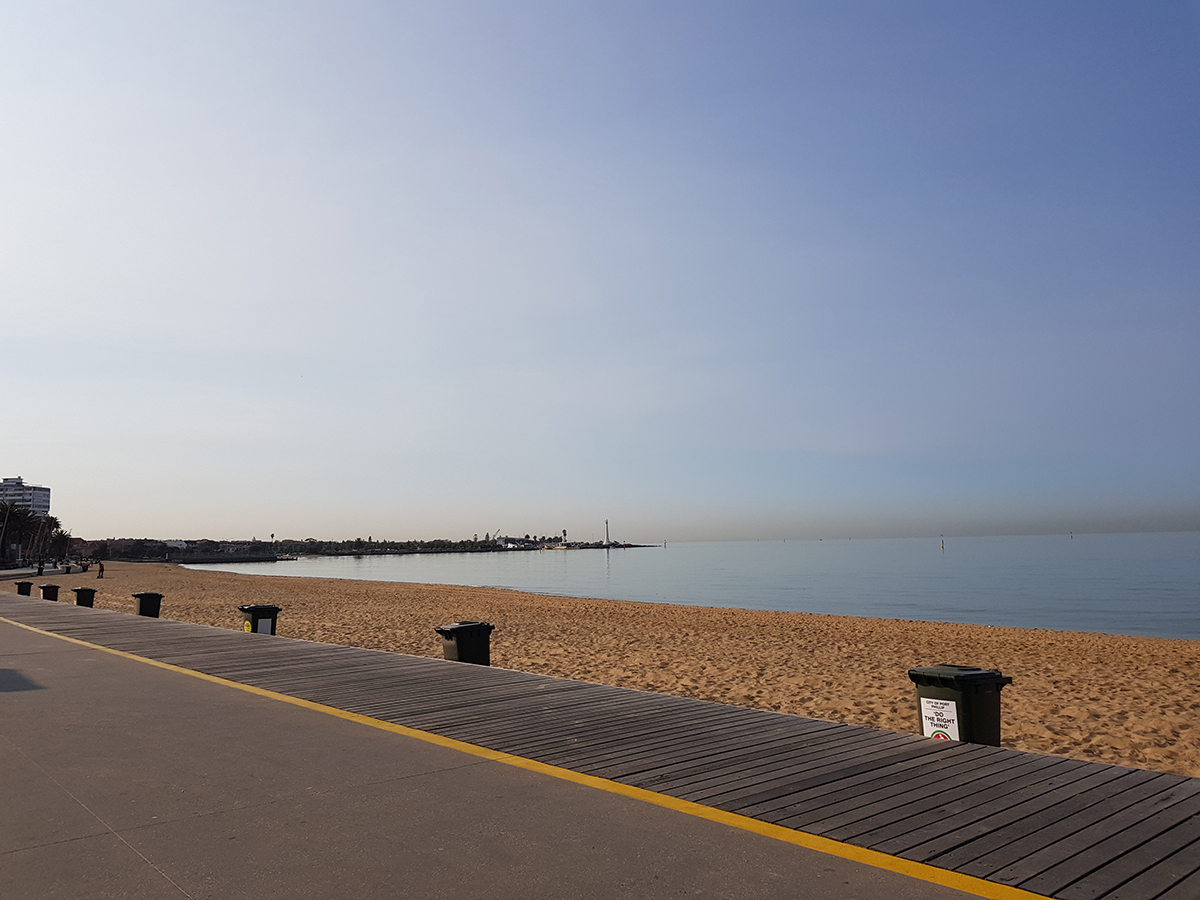Victorians are encouraged to look for and report Australian plague locusts after a number of sightings in the west and north-west of the state this month.
Australian plague locust (Chortoicetes terminifera) can be identified by the large dark spot on the tip of the hindwing and the distinctive red shanks on the hind legs. Their body colour varies and can be grey, brown or green. Adult males are 25–30 mm long while females are 30–45 mm long.
Agriculture Victoria will undertake targeted surveillance to assist landholders with making decisions about controlling locusts, and will work with stakeholders to provide relevant and timely information.
The Victorian Plague Locust Commissioner, Dr Kyla Finlay, from Agriculture Victoria, said spring’s heavy rainfall had provided plentiful green feed which have been ideal conditions for the locusts to breed, leading to these higher than average sightings.
‘It’s important to understand where the populations are and what stage of development they are at so government, industry and community can work together to effectively treat and curtail the populations,’ Dr Finlay said.
‘Locusts can feed on fresh, green plants and, when present in large numbers, causing damage to pastures, horticultural crops, gardens, parks and sporting grounds.’
Australian plague locusts are a native Australian insect but can reach high populations levels under ideal conditions and can pose a serious threat to pastures, crops and horticulture in those numbers.
‘There is no locust plague or predicted plague in Victoria,’ she said.
Dr Finlay said now was a good time to spray young hoppers, about eight to 12 mm long, as it will limit the population growing further.
‘If you’ve got locusts on your property, be proactive in carrying out control as that will help reduce the populations for next year.
‘It becomes more difficult to manage populations as they become adults.’
Various insecticide products are registered for use controlling locusts. Landholders should seek expert advice from a chemical reseller or agronomist as to which insecticide best suits their situation. All chemicals must be used in accordance with Victorian legislation.
‘Safe and responsible use of chemicals is crucial – identify the most appropriate chemical for your situation, read the label on the product you are going to use and comply with the directions on the label,’ Dr Finlay said.





